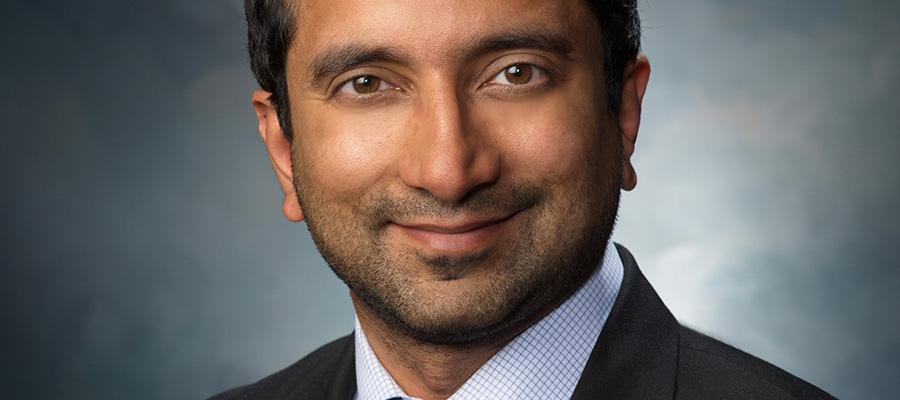The common denominator for addressing social determinants? Meet people where they are

The AHA Physician Alliance frames all resources and services within three fundamental values: Lead Well. Be Well. Care Well. Through our Five Questions with Clinician Leaders podcast, we regularly engage physician leaders on these three values. Below are samples of insights shared from fellow physician leaders. I hope you can use them in your work to lead well, be well and care well. To listen to these podcasts, as well as others in the series, visit www.aha.org/physicians.
If we focus exclusively on access to care we’re missing a tremendous opportunity to make a difference in people’s lives.
Adapted from Five Questions with Clinician Leaders: Allen Weiss, M.D., president and CEO of NCH Healthcare System in Naples, Fla.
Being intentionally open, multicultural and welcoming by working with schools, faith-based organizations and community events allows us to get to folks who otherwise may not have health care interactions and begin building a community that together makes healthier choices. No offense to soccer moms, but we’re not worried about them. We’re looking to help other people with less access to health care who need help changing to healthier lifestyles. Access to care is 10 percent of wellness; 50 percent is behavior, 20 percent environment and 20 percent genetics. You can’t change genetics, but the other 80 percent is malleable.
As a physician, I had to realize that my training prepared me to be the end-stage repair guy, but people who are living to 100 often have a pretty healthy life and don’t use that much health care. We can change a lot and prevent illness, or at least delay it, by focusing on helping patients develop healthy habits early.
You can become blinded if you only look at people who live in poverty. There is need across the board and hidden carefully by people who don’t want to be identified as having a lack of housing, food or an addiction.
Adapted from Five Questions with Clinician Leaders: Christine Stabler, M.D., vice president for academic affairs, Lancaster Health in Lancaster, Pa.
Health care takes a back seat if people are having issues with a place to live, food insecurity, legal challenges, etc., and we found that, to help their health, you have to think outside the box. It may be removing a barrier such as transportation – giving them an Uber voucher for appointments – or it may be legal assistance related to safe housing. We found thinking about non-traditional approaches to health care, going beyond the traditional medical visit with a physician, enabled patients to care for themselves.
Partnerships are essential. We had patients with access to services they needed – mental health, food banks, housing assistance – but to get help, they’d have to make eight to 12 different contacts to access that care, so often they do without. By coordinating those services through community partnerships, we were able to eliminate those phone calls, and help individuals.
Bhatt is the AHA’s senior vice president and chief medical officer.

